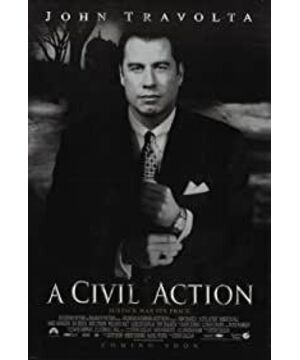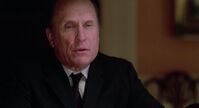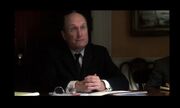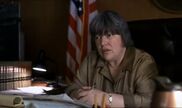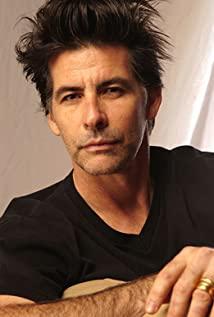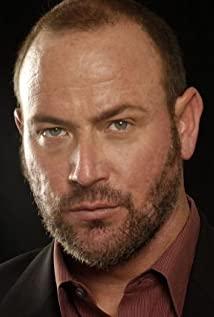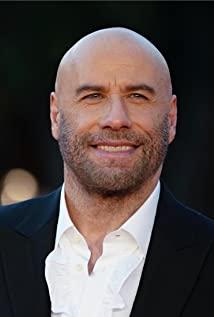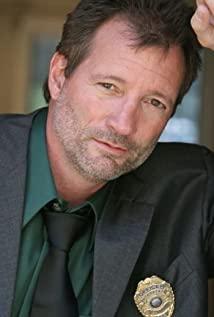The existence of a certain model must have its own unique advantages and characteristics. The jury system enables ordinary citizens to participate in the judicial process, which can prevent judges from bending the law for personal gain, arbitrariness, and correcting their inadequacies. At the same time, the jury's verdict can better reflect the concept of ordinary people in society, so the jury system is an important way to democratize the judiciary, which is a major contribution of English law to the world legal system. To strike a balance between elite governance and civic governance.
But from "The Edge of the French Open" we also see a major flaw in the jury system, or its own characteristics determine an unavoidable problem.
(1) Jurors can only see evidence in court, that is, legal facts.
The gap between legal facts and objective facts. The so-called "objective facts" are the actual facts that originally occurred outside of consciousness and do not depend on people's subjective consciousness. In litigation, under normal circumstances, it is impossible for a judge to find out the objective facts of the case and make judgments based on the objective facts of the case. Cases usually occurred some time ago (years, months, or months or years), and no one could accurately describe and reproduce the objective facts. Even if some parties could accurately describe and review the objective facts, judicial organs and court judges would generally Will not believe or accept. Therefore, when the court finds facts, it is impossible to judge the authenticity of the facts of the case based on people's intuition, what the parties have seen, heard or felt. Therefore, there is a distance between the objectivity of the facts of a case and the legal facts, even a very large distance, and some even completely deviate from the objective facts. No matter how hard people try, objective facts cannot be reached. Legal facts are the reasonable inferences and determinations made by judges on the facts of a case through legal procedures, in accordance with the rules of evidence, and on the basis of the evidence materials submitted by the parties, after cross-examination and acceptance, theoretically called legal fictional facts. Such reasonable inferences and determinations are relative, not absolute. As far as lawyers are concerned, they don't care about what actually happened, but what the evidence shows. Therefore, the evidence is very important.
There is no need to say much about the important role of evidence in the law, but incomplete evidence collection or falsified evidence, and different guidance of lawyers on the same evidence have different effects on jurors. As in the film, Facher and Jan said when they waited outside for the jurors to answer, "The court is not a place to find the truth, here you can find anything close to the truth, you are lucky." How to use the evidence Striving for a more favorable judgment on one's own side is what a lawyer strives for, and it also becomes a means of blinding jurors.
(2) The judge's control over the trial process and the function of jurors may also be used.
Judge Skinner's influence on the case in the film should not be underestimated. He ignores several controversial determinations, and his splitting the lawsuit into two is a very debatable act. And the questions to the jurors in the middle of three complex questions, that is, the three questions that Jan said were first translated into Japanese and then translated into Chinese.
The jurors' answers to these three questions directly affect the subsequent verdict of the case. Use of the jury function by the program.
(3) The selection of jurors and how to grasp the judgment of jurors.
Is the decision of the case by the lack of expertise, temporary jurors correct? This issue is very controversial. Now considered the greatest tragedy in Athens - the death of Socrates, procedural justice may not necessarily bring about justice in results. The jurors are randomly selected, and the people who come here are all kinds of people, of different races and colors, regardless of whether they have a job or not, regardless of their knowledge and culture.
There is also a lot of controversy over the jury system in the United States. It appears to be the weakest link in the American judicial system. In the United States, the most powerful legal team is the legal team. Why do you have to find a group of "laymen" to be "judges above judges"? In the United States, everyone who understands and approves of this system never thinks it is a perfect system, but just can't find a better system than it.
This is what Americans sometimes joke about: if you don't compare the jury system to other countries' systems, it sucks. Jefferson, the third president of the United States, believed that the role of the jury system in maintaining democracy was more important than the right to vote.
Putting aside institutional factors, this is a tragedy. The protagonists of the tragedy are the most ordinary people, whose lively and lovely children are innocently deprived of their right to life. Eight families lost their children, and I held him in my lap as cars and trucks whizzed by. . . .
View more about A Civil Action reviews


